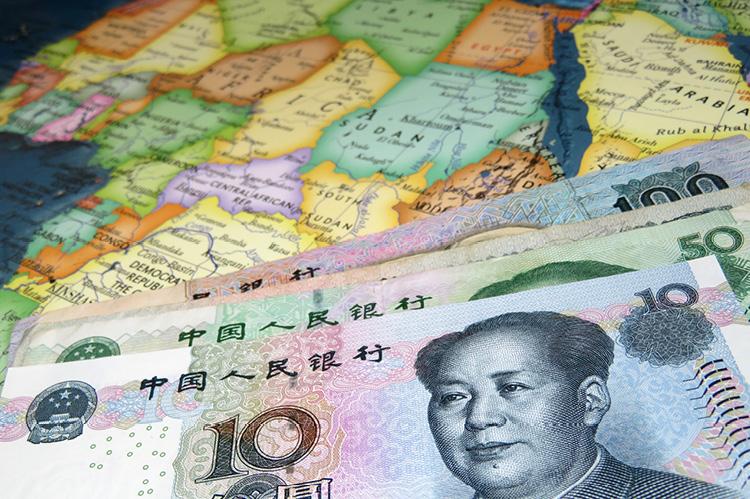Uganda Reaches Out to Chinese Credit Agency for EACOP Pipeline Funding, Western Banks Quit

Uganda is engaged in advanced talks with SINOSURE, a Chinese export credit agency, to secure credit for its ambitious East African Crude Oil Pipeline (EACOP) project, MarketScreener reported on Monday, Sept. 25, 2023.
The project, spanning 1,445 kilometers (898 miles), aims to facilitate the export of Uganda's crude oil from its western oilfields to a port on Tanzania's Indian Ocean coast.
Uganda’s move comes after Western banks recently withdrew their support for the venture following mounting pressure from environmental activists calling for the project’s abandonment due to environmental concerns.
The EACOP project is a collaborative effort involving the government of Uganda, France's TotalEnergies, China's CNOOC, and Tanzania's Tanzania Petroleum Development Corporation (TPDC), with an estimated total cost of $5 billion, encompassing both credit and equity components.
According to Irene Bateebe, the permanent secretary for Uganda's Ministry of Energy and Mineral Development, approximately 40% of the required funding will be raised through debt financing, with the balance sourced through equity contributions.
"Together with others, we are securing financing through SINOSURE, which is poised to become one of our primary contributors to the debt component," Bateebe told Reuters, elaborating on the financing arrangement.
"We are working diligently toward financial closure and anticipate that by the end of October this year, we will conclude the debt portion," added Bateebe, expressing optimism about the progress.
While specific details about the extent of SINOSURE's credit contribution were not disclosed, Bateebe emphasized the challenges they faced with Western banks.
Environmental groups, including Greenpeace and Friends of the Earth, rallied against the project, urging banks to refrain from funding it due to concerns about its environmental impact and potential contribution to increased carbon emissions.
"You then look at who is your other friend... we did have other friends who were willing to come onboard, and that's where we looked; we became eastern-looking," Bateebe explained their shift in approach in light of the challenges.
The opposition from environmental organizations and Human Rights Watch objections to the pipeline prompted over 260 groups to sign a letter in 2021, imploring banks to distance themselves from financing the EACOP project.
Notably, German lender Deutsche Bank has officially announced its decision to abstain from involvement in financing the EACOP project.
However, Uganda's discovery of oil reserves over a decade ago is now inching closer to commercial production, with the first sales expected in 2025.

